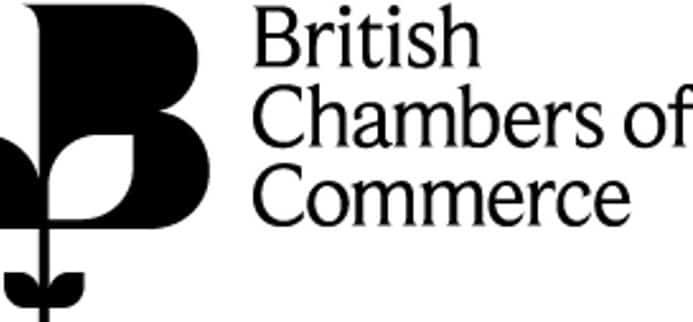Two in every three UK companies only have enough cash reserves to last for a maximum of three months, according to the British Chambers of Commerce.
The BCC’s first Coronavirus Business Impact Tracker also shows that 44 per cent of them expect to furlough at least half of their workforce in the next week. And 32 per cent expect to furlough between three quarters and all of them.
Members were polled over two days late last. More than 600 businesses took part and the results were described as “concerning, if unsurprising”.
Most companies polled were aware of government initiatives to help them, including business rates holidays for the retail and leisure sectors.
BCC director general Dr Adam Marshall said that, while firms have welcomed the “unprecedented size and scope of the government support packages”, the findings highlight the urgent need for it to reach them as soon as possible.
“The majority of firms cannot wait weeks or months for help to arrive,” he added. “There’s no escaping the scale of the challenge UK businesses are facing, yet many are already finding ways to contribute to the national effort to tackle Coronavirus.”
it is still unclear whether thousands of businesses will be able to access the cash they need in time to stay afloat
William Garvey, Managing Director of the funding specialists Leyton UK, said the BCC figures show the “vast scale” of furloughing of employees, adding: “It presents an extremely difficult situation for both employers and employees as the UK economy effectively grinds to a halt, placing millions of people in deeply uncertain circumstances.
“Ultimately, furloughed employees need reassurance that their employers have the short-term cashflow they need to survive beyond the coming weeks. While the measures put in place by the government go some way to supporting firms, it is still unclear whether thousands of businesses will be able to access the cash they need in time to stay afloat, putting many more jobs at risk.
“Businesses must explore all available funding options at this time; R&D tax credits are one option that can put thousands of pounds in the hands of businesses quickly at a time when urgent access to cash has never been more important.”
Similar research from The Corporate Finance Network has revealed that nearly a fifth of SMEs in the UK will not have the cash to survive over the next four weeks.
The findings show that many retailers, which is the sector which has the highest share of SME employment in the UK, will require a fast and substantial cash injection to keep trading.
Banks, which a decade ago were at the centre of a global crisis, now need to step up to the plate and offer much-needed financial relief to struggling businesses
Andrew Harding, CEO of Management Accounting at the Chartered Institute of Management Accountants, called for banks – given the cash injection they needed to survive in 2008 – to reciprocate and help UK businesses, the taxpayers who bailed them out, and the economy.
“During the 2008 financial crisis, the banking sector was rescued through Government’s intervention. In fact, peak support for the sector was £955bn in December 2009, which included £70bn of taxpayers’ money directly injected into RBS and Lloyds to help them keep afloat,” he said.
“This crisis forever changed the relationship between banks and wider society. Banks, which a decade ago were at the centre of a global crisis, now need to step up to the plate and offer much-needed financial relief to struggling businesses in their time of need. Their responsibilities to society need to be recognised and delivered on.”


